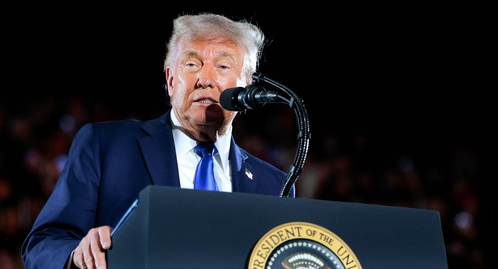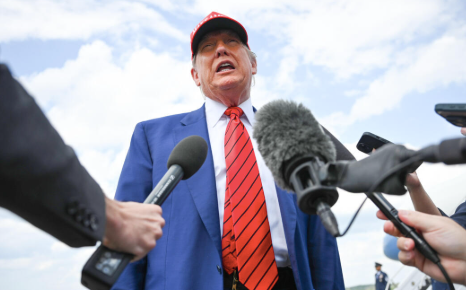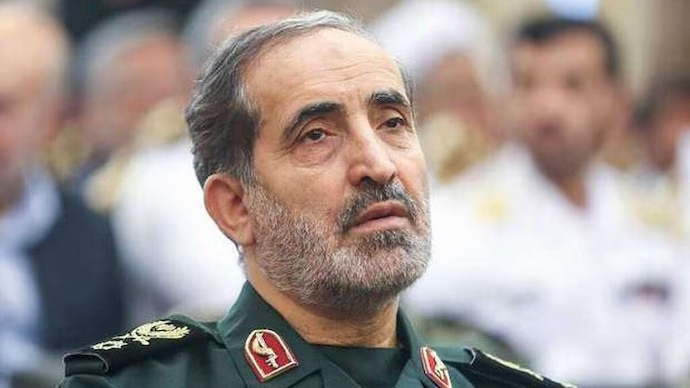
In a significant shift in U.S. foreign policy, the Trump administration has initiated the easing of sanctions on Syria, marking a pivotal moment in the nation’s post-conflict reconstruction efforts. This development follows President Donald Trump’s unexpected declaration during his recent Middle East tour, signaling a move towards re-engagement with Syria after years of diplomatic isolation.
The decision comes in the wake of the ousting of Syrian President Bashar al-Assad in December 2024, ending a 14-year civil war that devastated the country. The newly established interim government led by President Ahmed al-Sgaraa has been recognized by the U.S. as a legitimate authority, paving the way for renewed diplomatic and economic relations.
On May 23, 2025, the U.S. Treasury Department issued General License 25, authorizing transactions with Syria’s interim government, including its central bank and state-owned enterprises. This move effectively lifts many of the sanctions that had previously hindered Syria’s economic recovery. Additionally, Secretary of State Marco Rubio announced a 180-day waiver under the Caesar Act to facilitate investments and ensure the provision of essential services like electricity and water.
While the easing of sanctions represents a significant policy shift, it is contingent upon Syria meeting specific conditions set by the U.S. government. These include the removal of foreign militants from Syrian territory, cooperation in counter-ISIS efforts, and the destruction of any remaining chemical weapons stockpiles. The U.S. has also emphasized the importance of Syria assisting in the recovery of U.S. and other citizens who have been disappeared in the country.
The Syrian Foreign Ministry welcomed the U.S. decision, describing it as a positive humanitarian and economic development. The move has also been met with cautious optimism by international observers, who view it as a potential catalyst for broader regional stability. However, concerns remain about the long-term engagement of the private sector due to historical layers of U.S. sanctions and the potential for their implementation.
In a related development, Tom Barrack, the U.S. ambassador to Turkey and longtime advisor to President Trump, has been appointed as the U.S. Special Envoy for Syria. This appointment underscores the administration’s commitment to supporting Syria’s post-war reconstruction and easing humanitarian and economic engagement.
The U.S. decision to ease sanctions on Syria marks a significant turning point in the nation’s efforts to rebuild after years of conflict. While challenges remain, including ensuring compliance with U.S. conditions and addressing concerns about the potential reimplementation of sanctions, the move offers a glimmer of hope for Syria’s future. Continued diplomatic engagement and support from the international community will be crucial in facilitating Syria’s transition towards stability and prosperity. Keep Reading Questiqa.com for more news.




